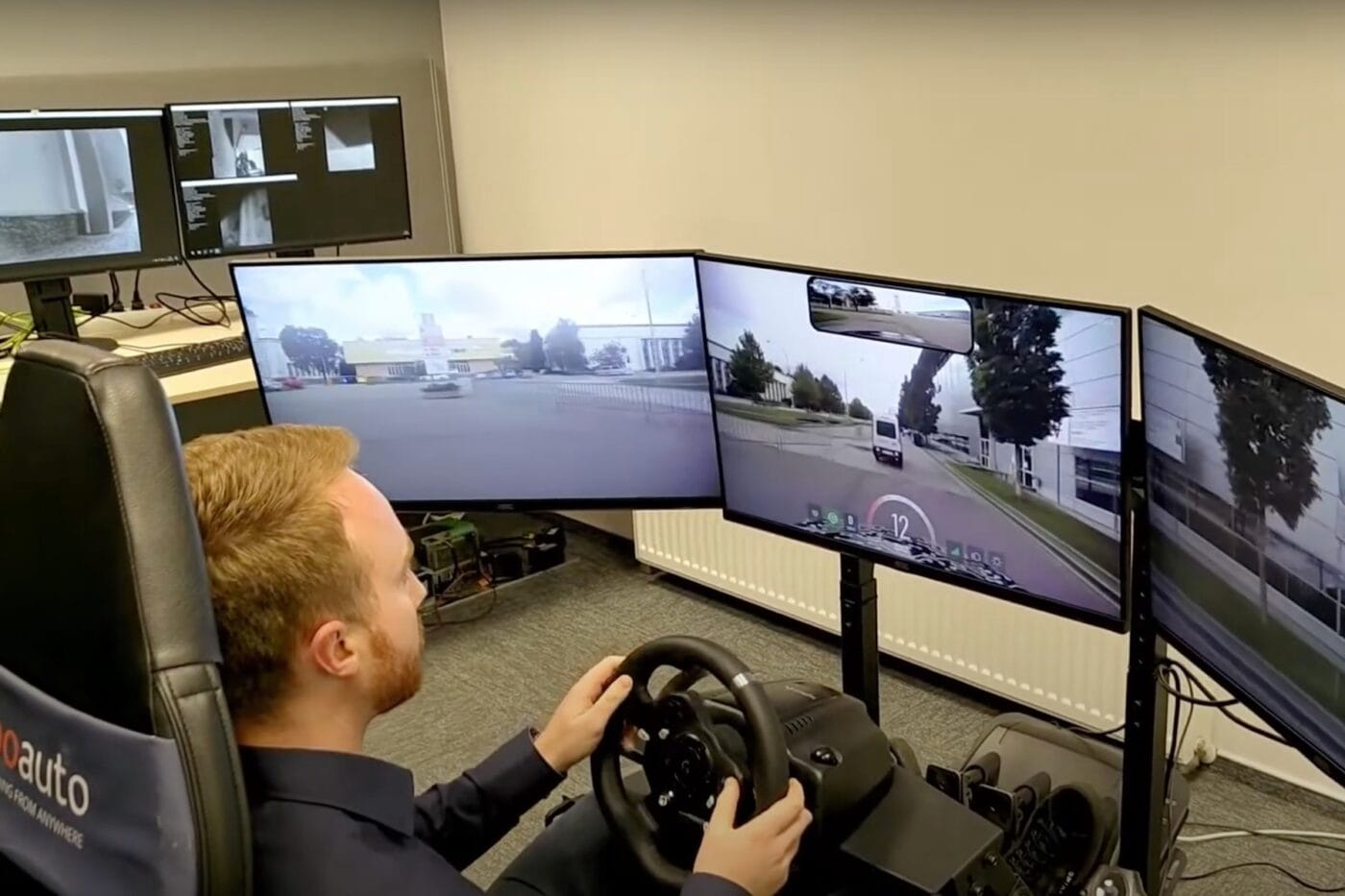Germany to establish legal framework for remote-controlled vehicles
The initiators also specified that the remote steering of motor vehicles is a technology that can also support the regular operation of vehicles with autonomous driving functions. Remote steering technology would make it possible, for example, for a remotely working person to take control of autonomous vehicles in complex traffic situations in the future.
Potential is seen particularly in the area of car sharing and in municipal areas. Here, the initiators explain that a vehicle could be remotely driven to the next customer after one was finished using the vehicle, reducing downtime. This could also be applied to taxi operations.
Regarding municipal spaces, the regulation is also to apply to local public transport with smaller or larger vehicles for service and supply journeys. Allowing remote-controlled mobility solutions could help to supplement existing services and meet new needs. “Efficiency gains could also be achieved in the area of logistics and goods transport through the use of remote-controlled vehicles,” the German ministry wrote in its press release.
“With the Road Traffic Remote Control Ordinance, we have created a clear legal framework for testing remote-controlled vehicles on public roads. During a five-year trial phase, we are enabling innovation without losing sight of safety and responsibility. The ordinance enables new mobility concepts and lays the foundation for permanent legal regulation,” explained Christian Hirte, Parliamentary State Secretary to the German Federal Minister of Transport.
As noted above, the use of remote-controlled vehicles could also lead to efficiency gains in the field of logistics and goods transport, as the ATLAS-L4 project for autonomous trucks has recently shown. Part of the project was to design a control centre from which autonomous trucks could also be remotely controlled in specific situations.
Germany has been trying to play a pioneering role in the development of autonomous driving for some time now. The basis for this is the law passed in Germany in 2021, which basically enables autonomous driving on defined routes under technical supervision. The Remote Road Traffic Regulation that has now been passed is an important addition to this.
bmv.de (in German)





0 Comments